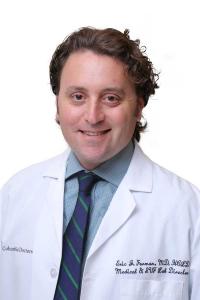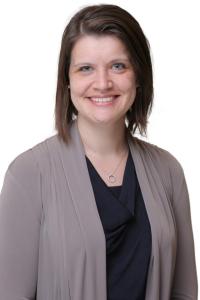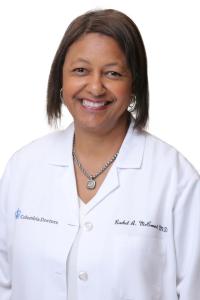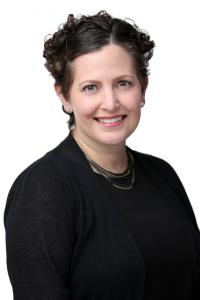Columbia Fertility launches new technology to safeguard eggs and embryos in storage
Columbia University Fertility Center has developed and launched a first-of-its kind technology that provides additional protection for tanks storing embryos and eggs. The technology provides patients with greater peace of mind knowing that their biologic material is being stored safely and monitored as carefully as possible.
The innovative new method of monitoring the security of genetic material was motivated by several high profile freezer malfunctions in the past few months impacting more than 4,000 eggs and embryos and affecting more than 950 families. These high-profile events highlighted the need for better methods to safeguard stored samples.
In order to reduce the possibility of frozen eggs and embryos being compromised by a freezer malfunction, a team at Columbia University Fertility Center developed and validated an entirely new approach to monitoring the embryo and egg storage tanks. The team developed a system to continuously monitor the weights of storage tanks and send an email and text alert if an anomaly is detected. Once the temperature of the storage tanks begins to rise and reveals a storage malfunction, it may be too late to preserve the biologic material inside. By monitoring the weight of the tanks, however, it is instantly clear if any liquid nitrogen is escaping and the issue can be addressed immediately, before the eggs or embryos are affected by a temperature fluctuation.
All tanks storing biologic materials at Columbia University Fertility Center are now being monitored with this new system to track the amount of liquid nitrogen present in the tanks, as well as with the traditional temperature monitoring.
“At Columbia University Fertility Center, we take the protection of the precious eggs and embryos that our patients have entrusted us with very seriously” said Zev Williams, MD, PhD, Chief of Reproductive Endocrinology and Infertility at Columbia University Irving Medical Center. “We are delighted to offer this first-of-its-kind technology to our patients and give them peace of mind that their eggs and embryos are under the best protection and closest monitoring possible.”
Dr. Williams is the Wendy D. Havens Associate Professor of Women’s Health and the director of Columbia University Fertility Center, located in a brand-new space with a state-of-the-art IVF lab in the heart of Columbus Circle. He joined Columbia in April 2017 and has overseen the construction and development of the new center, which opened in June 2018.
See the scales in the news:
For more information about egg and embryo freezing or to inquire about fertility care at Columbia University Fertility Center, please call (646) 756-8282 or visit columbiafertility.org.






